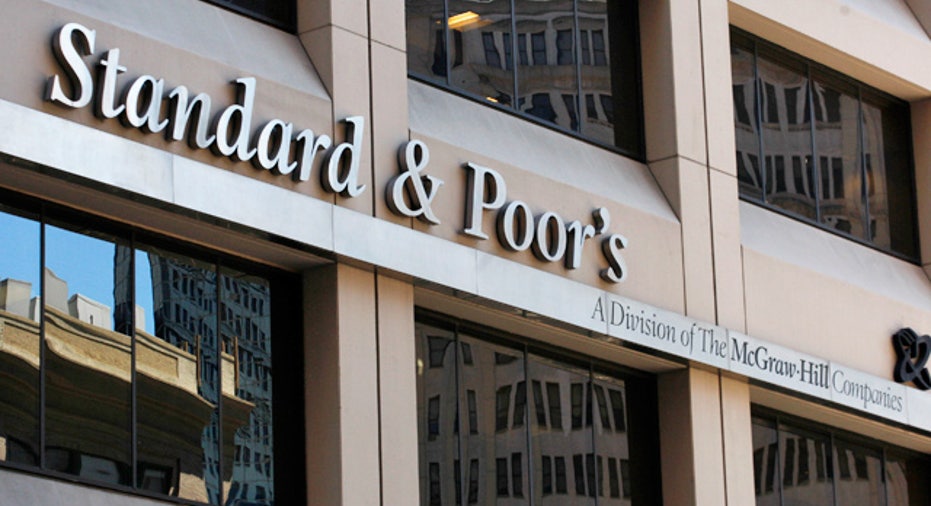Federal, State Governments to Sue S&P Over Mortgage-Bond Ratings

Standard & Poor’s Ratings Services will face civil charges related to the firm’s actions leading up to the financial crisis of 2008.
Citing people familiar with the matter, the Wall Street Journal first reported Monday that charges will be filed by federal and state prosecutors, namely the Department of Justice and possibly a handful of state attorney's general.
The charges will be focused on the manner in which S&P rated mortgage bonds, the securities at the center of the meltdown that nearly imploded the global economy. The suits could be filed as early as this week, according to the WSJ report.
S&P said in a statement that confirmed the imminent charges that it will “vigorously” itself defend against any “erroneous claims.”
“A DOJ lawsuit would be entirely without factual or legal merit,” S&P’s statement said. “It would disregard the central facts that S&P reviewed the same subprime mortgage data as the rest of the market – including U.S. Government officials who in 2007 publicly stated that problems in the subprime market appeared to be contained – and that every CDO that DOJ has cited to us also independently received the same rating from another rating agency.”
Shares of the McGraw-Hill Cos. (NYSE: MHP), parent of S&P, fell $8.04, or nearly 14%, to $50.30 amid a broader sell off on Wall Street.
The credit rating firms -- S&P, Moody’s Corp. and Fitch Ratings -- have come under intense criticism since 2008 for their role in the financial crisis, undergoing withering questions from Congressional committees, for instance. But the charges suggested in the WSJ’s report would be the first federal enforcement action.
S&P had been in discussion of a settlement, according to the WSJ, but those talks recently broke down. It was uncertain Monday why S&P was being targeted for charges but not its competitors.
In the wake of the financial crisis and ensuing recession, the ratings firms were heavily criticized for giving their highest ratings to securities loaded up with mortgages, many of them subprime and not likely to get repaid, that eventually did go sour.
Critics have said the ratings firms should have known many of the loans they reviewed were of a poor quality and would likely be defaulted on.
At the heart of the criticism was the ratings firms’ business model in which the firms were paid by the banks that created the bonds being scrutinized, an inherent conflict of interest, critics have argued.
As the WSJ noted, the Financial Crisis Inquiry Commission found two years ago in its report that the top credit-rating agencies were “key enablers of the financial meltdown.”
Several whistle-blowers no longer employed by the ratings agencies have told various media outlets and numerous investigating committees that their warnings related to the dangers of bonds comprised primarily of subprime mortgages went unheeded.
The financial motivation was apparently too great for the ratings firms to alter their business models and begin taking a more critical eye to mortgage backed securities they were paid to rate.
The firms have argued that their ratings are protected under the First Amendment, a form of free speech and should not have been considered binding predictions.



















